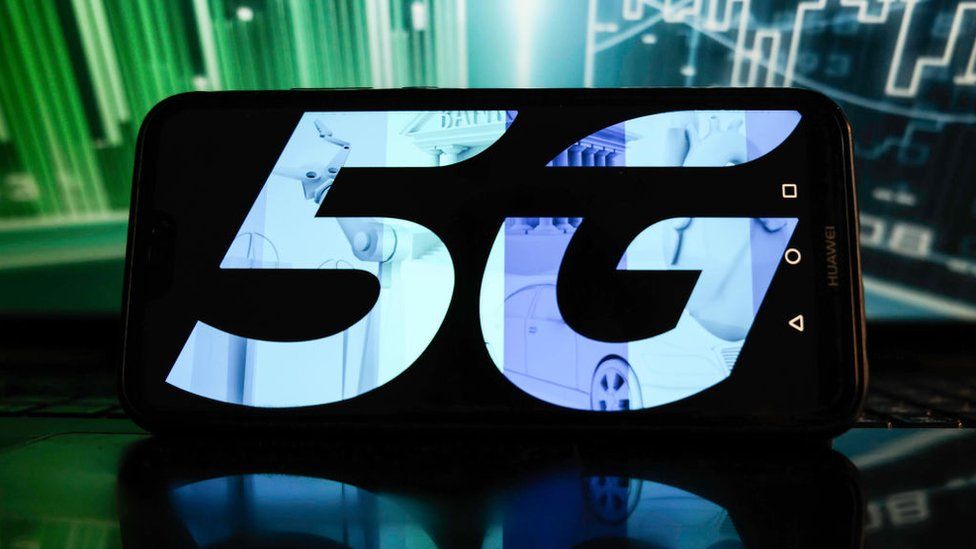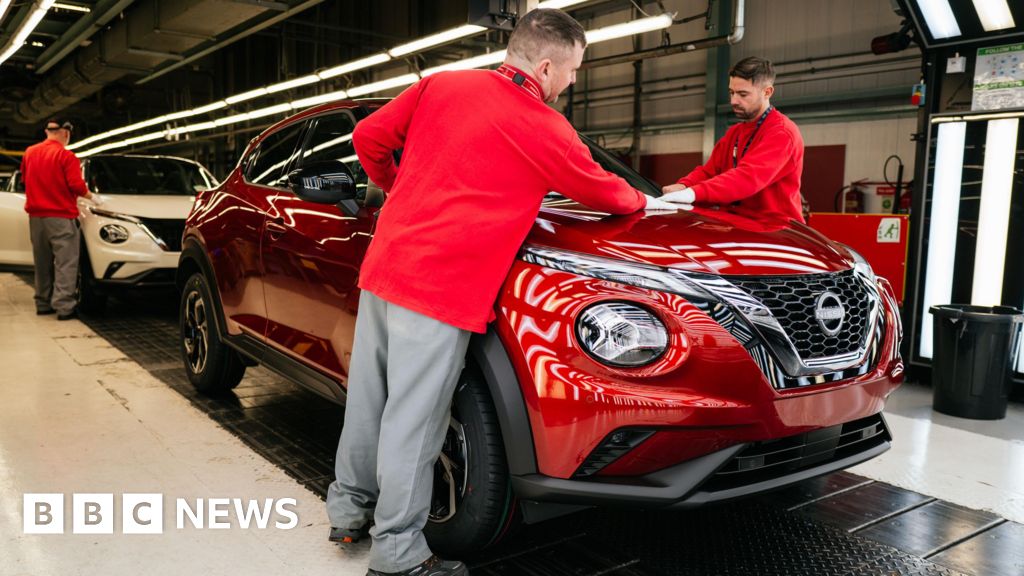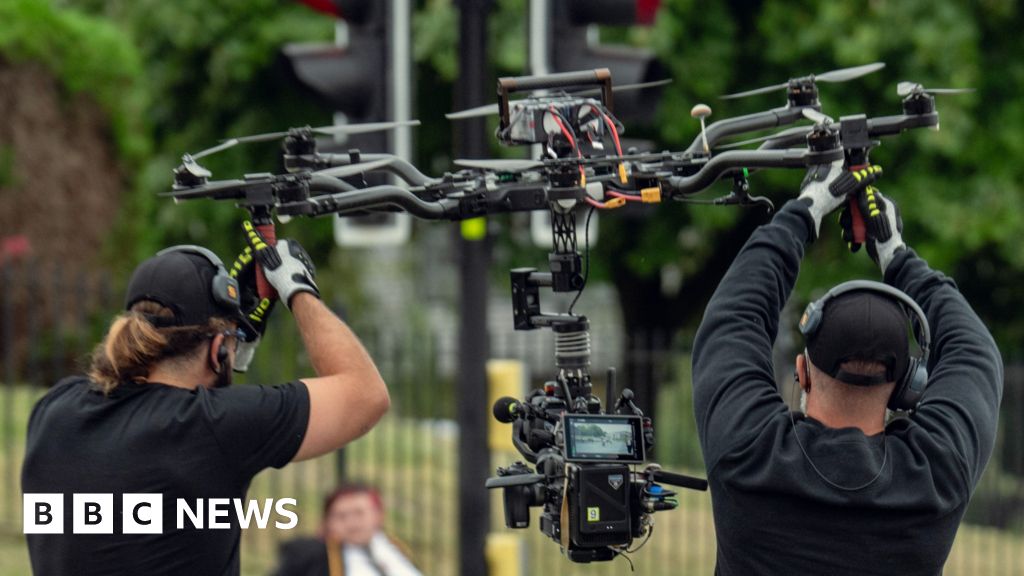ARTICLE AD BOX
By Nikhil Inamdar
BBC Business Correspondent, Mumbai
 Image source, Getty Images
Image source, Getty Images
India's top telcos participated in the country's biggest spectrum auction
India's largest auction for 5G airwaves has concluded after seven days, potentially setting the stage for a battle for supremacy over India's digital future between two of Asia's richest men - Gautam Adani and Mukesh Ambani.
A total of 72 gigahertz of spectrum worth at least $54bn (£44.5bn) in 10 bands was on the block in the auction. The government drew bids worth approx. $19bn from the three market incumbents - Mr Ambani's Reliance-Jio (R-Jio), Vodafone Idea and Bharti Airtel as well as new entrant Adani Data Networks.
Mr Adani, a surprise bidder who controls a sprawling conglomerate with interests in sectors such as ports, airports and power, recently displaced Bill Gates to become the world's fourth-richest person, with a net worth of over $112bn.
While R-Jio emerged as the largest bidder, buying spectrum worth $11bn, the Adani group spent only about $26m. Ashwini Vaishnaw, India's telecoms minister, said 71% of a total 72 GHz spectrum on offer was sold according. While both Bharti Airtel and R-Jio are said to have bid for pan-India airwaves, cash strapped Vodafone Idea spent only in priority sectors.
"Jio is fully ready for 5G rollout in the shortest period of time because of its nationwide fibre presence, all-IP network with no legacy infrastructure, indigenous 5G stack and strong global partnerships across the technology ecosystem," Reliance Jio said in a statement.
Image source, Getty Images
Image caption,5G services are expected to be rolled out in October this year
For now, Adani Data Networks has restricted its bids only to circles where the conglomerate has assets like airports and power plants. The company said it had thrown its hat into the ring only to create a private captive network for its infrastructure assets, and was not interested in competing in the consumer mobility market.
But analysts believe this could be the first step to a full-fledged entry into the sector.
"We believe if the Adani Group does end up buying spectrum in the upcoming auction, it could potentially increase competition in enterprise 5G, in addition to opening the doors for the Adani Group to expand into consumer mobile services over time," Goldman Sachs said in a note.
The move will make Vodafone Idea and Bharti Airtel, India's battle-weary telecom firms which are still reeling under the tariff wars launched by R-Jio's disruptive 2016 entry, are understandably jittery as they contend with greater competition from yet another deep-pocketed billionaire.
For Mr Ambani, it's an unexpected face-off with a rival who's so far steered cleared from competing with him on the same turf,
The introduction of 5G is likely to usher in a new era of high-speed digital connectivity in India, allowing video downloads in seconds and enabling the use of advanced connected devices using cloud computing technologies.
Image source, Getty Images
Image caption,Thirteen Indian cities are set to get access to 5G services
With higher speeds on offer, Indian telecom companies, who've thus far refrained from charging differentiated prices for 4G plans (vis-à-vis 2G/3G), are expected to benefit from levying a premium for 5G offerings.
"5G tariff plans would be a key monitorable in the near term, and 5G premium (vs 4G) may provide the next leg of ARPU (average revenue per user) uptick for the telcos," according to a note from Nomura.
All-India adoption, however, is likely to be slow, given only about 7% of India's overall smartphone base is 5G enabled.
But record proceeds from the auction - the highest compared to the previous seven rounds since 2010 - will help shore up the government's finances at a time when India's fiscal deficit, or the gap between revenues and expenditure - is expected to hit 6.4%.
Analysts estimate, India's department of telecom will receive $1.6bn in upfront payments over the next 20 years.
The government is expected to complete the allocation of the airwaves by August and 5G services are expected to start beginning October 2022.
"Within a year or so, we should have a good rollout of 5G in the country," said Vaishnaw.

 2 years ago
110
2 years ago
110








 English (US) ·
English (US) ·